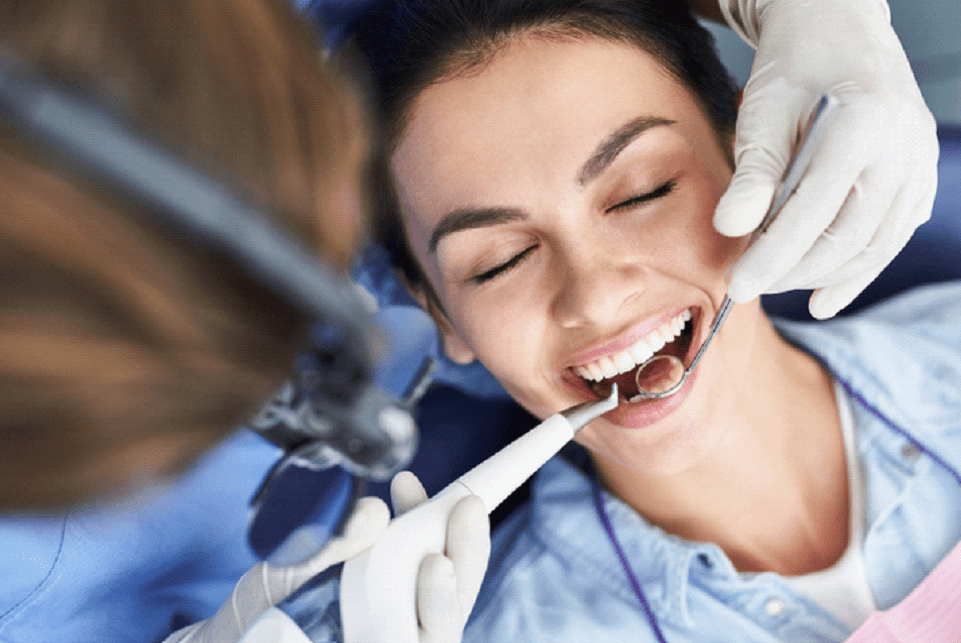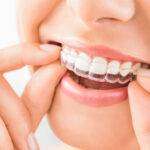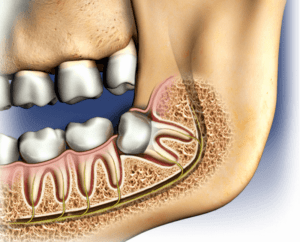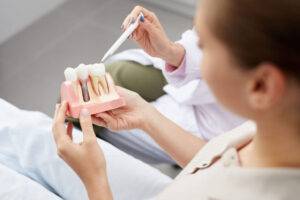
Imagine your teeth as a bustling city where various activities take place daily. From savoring your favorite meals to flashing a bright smile, your teeth work tirelessly. But just like any city, they need a good cleaning from time to time to maintain their charm and functionality. So, what does dental cleaning entail, and why is it essential for everyone?
1. Introduction
Welcome to the world of dental cleaning, where a little care goes a long way in maintaining a healthy smile. In this article, we’ll embark on a journey through the basics of dental cleaning, demystifying the process for you.
2. The Basics of Dental Cleaning
Dental cleaning involves the removal of plaque and tartar that accumulate on your teeth over time. But what are these culprits, and why do they need eviction?
Plaque and Tartar: Uninvited Guests in Your Mouth
Plaque is a sticky film of bacteria that forms on your teeth, while tartar is the hardened version of plaque. They are the troublemakers responsible for cavities and gum diseases.
3. Tools of the Trade
Ever wondered what tools your dentist wields during a cleaning session? Let’s take a peek behind the scenes.
Dental Explorer and Scaler: The Detective and the Warrior
The dental explorer helps identify areas of concern, while the scalar is the hero who scrapes away plaque and tartar.
4. The Nitty-Gritty: Scaling and Root Planing
Scaling and root planning might sound like construction terms, but in dentistry, they play a crucial role in deep cleaning.
⦁ Scaling: Bid Farewell to Tartar
Scaling involves the removal of tartar from the tooth surface and below the gumline.
⦁ Root Planing: Smoothing the Rough Edges
Root planning focuses on smoothing out rough spots on the tooth root, preventing future tartar buildup.
5. Polishing for a Pearly Finish
Just like a car gets a polish to shine, your teeth also get their moment in the spotlight.
Polishing: Bringing Out the Sparkle
A polishing tool and paste are used to make your teeth smooth and shiny, keeping that beautiful smile intact.
6. Fluoride Treatment: A Shield for Your Smile
Think of fluoride as the superhero shield for your teeth, ready to defend against cavities.
Fluoride: The Tooth’s Guardian
Applied as a gel or foam, fluoride strengthens tooth enamel, making it more resistant to decay.
7. X-rays: Peeking into Dental Health
X-rays are like the secret agents of dental cleaning, revealing hidden issues that the naked eye can’t detect.
X-rays: Unveiling the Invisible
These images help dentists spot cavities, bone loss, and other concerns early on, ensuring proactive care.
8. Personalized Oral Care Tips
Beyond the dentist’s chair, your at-home oral care routine plays a pivotal role in maintaining dental health.
Brushing, Flossing, and More: Your Daily Routine
Discover personalized tips for effective brushing, flossing, and maintaining a healthy mouth between cleanings.
9. Frequency of Dental Cleaning
How often should you visit your dentist for a cleaning? Let’s break down the ideal frequency.
Routine Cleanings: A Calendar Reminder
Regular dental cleanings every six months keep your teeth in top-notch condition, preventing major issues.
10. Benefits Beyond the Shine
Dental cleaning isn’t just about a dazzling smile; it offers a myriad of health benefits.
Beyond Aesthetics: Health Perks of Dental Cleaning
From preventing gum disease to maintaining overall health, discover the holistic advantages.
Conclusion
In conclusion, dental cleaning is not just a cosmetic ritual; it’s a fundamental aspect of maintaining overall health. Embrace the process, schedule your routine cleanings, and let your smile shine brighter than ever.
FAQs: Your Burning Questions Answered!
⦁ Is dental cleaning painful?
No, dental cleaning is typically not painful. The process is designed to be comfortable, and any discomfort is minimal.
⦁ How long does a dental cleaning session take?
On average, a dental cleaning session lasts between 30 minutes to an hour, depending on individual needs.
⦁ Can I skip dental cleanings if my teeth look fine?
Regular dental cleanings are essential even if your teeth appear healthy. They prevent hidden issues and maintain overall oral health.
⦁ Are at-home oral care products as effective as professional cleaning?
While at-home products are beneficial, professional dental cleaning ensures a thorough removal of plaque and tartar.
⦁ Can I eat immediately after a dental cleaning?
Yes, you can eat after a dental cleaning. However, it’s advisable to wait a little while before consuming hot or hard foods.




